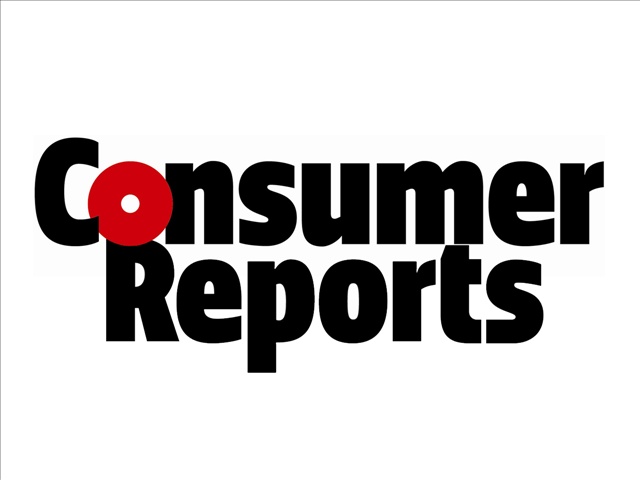If you focus on your credit scores ratings as you should, you are most likely at least slightly acquainted with the Fair Credit History Reporting Act (FCRA), originally passed in 1970. This regulation exists in big component to shield consumers from inaccurate details at the Customer Reporting Agencies (CRA). It additionally establishes limitations on the amount of time that negative details– even if precise– can continue to be a matter of record.
The FCRA is more important today than it remained in 1970, when computers were still in their infancy and documents were still kept in antique documents cabinets. These days, several of the agencies will be consulted whenever you conduct almost any kind of kind of company, whether it be borrowing cash for a car, getting medical insurance, or creating a lawful collaboration. It is critical to make certain that the information had in your reports places your ideal foot forward.
A great deal of individuals understand that they are entitled to one totally free credit record per year from each of the companies, but startlingly couple of people take benefit of this. Reports can be gotten completely free by calling each of the agencies or check out the TrustDALE blog to learn more through the Web.

Inspecting your very own credit report will certainly not– can not, by regulation– have a detrimental effect on a person’s ratings. It might even be prudent to examine records once a week or month-to-month if one pays a lot of bills or performs a lot of company, but please at least exercise your right to one totally free credit scores record each year from each of the CRAs.
The reason that we are entitled to the yearly totally free debt report is that the Fair Credit Reporting Act was amended in 2003 with the flow of the Fair as well as Accurate Purchases Act (FACTA). Various other essential modifications entail the dispute procedure. Customers are now able to contest adverse information in their records by calling the companies.
The very best way to do this remains in creating. Be sure to include duplicates (not originals) of any documentation that might reinforce your situation. It is also essential to call the entity that provided the contested details to the CRA.
Incidentally, there are 3 main credit scores bureaus. They collect details separately of each other so it is very important to check all of them. If you find an error, quick activity is the vital to effective resolution. A 2004 research study discovered that 25 percent of credit reports include blunders. These can be extremely expensive so it is best to find them and challenge them rapidly.
It may cost a few bucks a month to stay on top of one’s reputation with the credit bureaus, however it might set you back countless dollars a year in higher insurance premiums as well as rate of interest to allow an error go indisputable. As stated before, everyone is entitled to one totally free record from each of the three major credit score bureaus per year. At least take advantage of that.







